On the ever-changing nature of our stories: In conversation with Rachael Cerrotti
“It’s the best part of storytelling for me, that it’s never going to stay the same.”
—Rachael Cerrotti
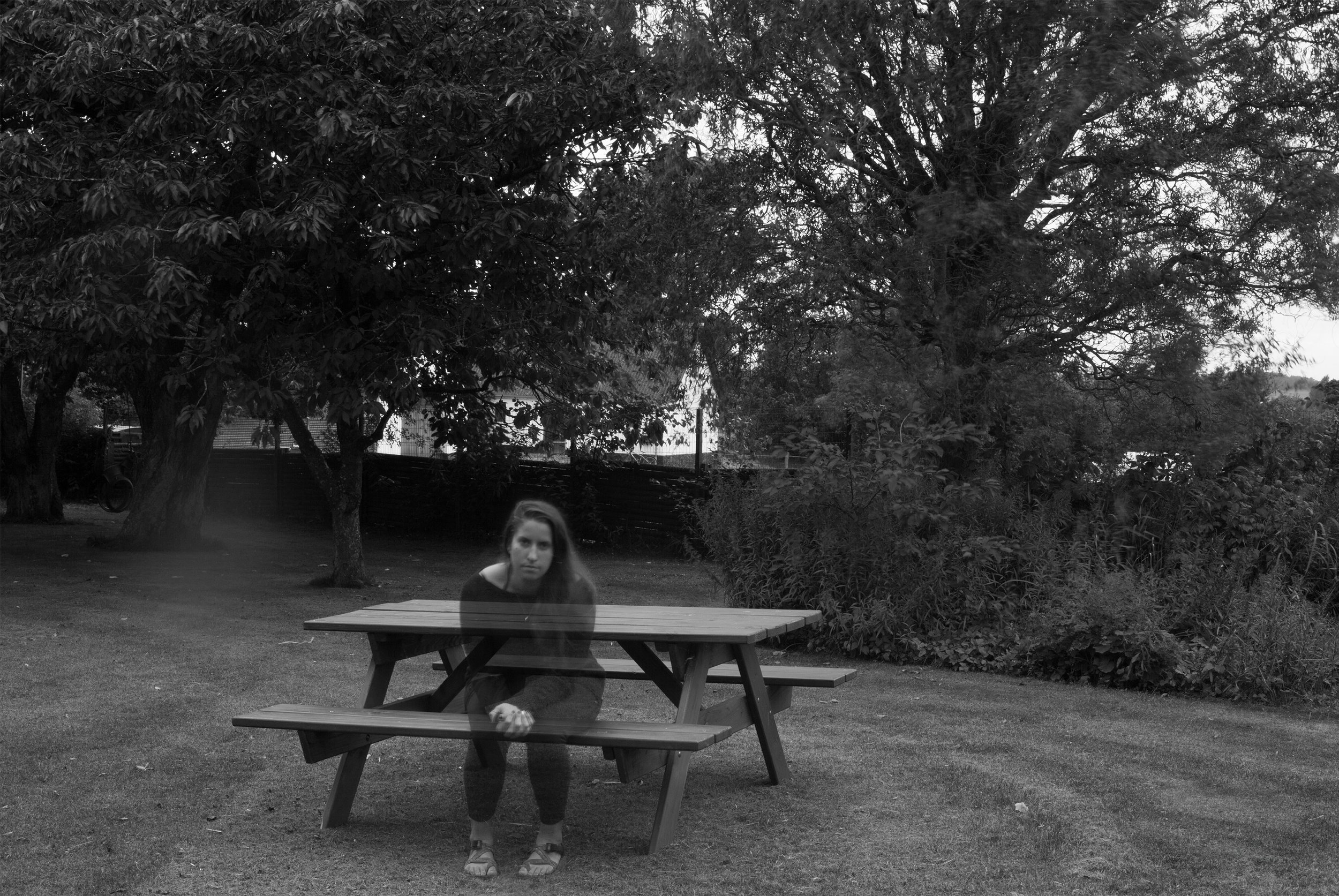
Memoirist and host of the podcast “We Share the Same Sky,” Rachael Cerrotti
Rachael Cerrotti knew her grandmother Hana’s story when she was growing up. Hana, or Mutti, as she was called by her loved ones, was a Holocaust survivor. She visited schools to share her testimony with young students. She spoke with Rachael about her past.
But stories have chapters, and they are received differently by different people at different times in their lives. Stories can be told one way to a group of students, and another to a young, devoted granddaughter. Those same stories may take on an entirely new mien when handwritten in a private journal, captured in the moment with no distance for reflection.
What is Hana Dubová’s story, then?
Well, of course, there isn’t just one.
Rachael—a granddaughter, photojournalist, podcast host, and author—has explored her grandmother’s story faithfully. During her college years, cognizant of the fact that Hana was getting older, Rachael began getting together regularly with her grandmother, recording their conversations along the way. After Hana passed away in 2010, Rachael says she spent the first half of her twenties on her bedroom floor in Boston, going through Hana’s diaries and the rich archive she left behind. She would eventually retrace her grandmother’s footsteps, traveling through Europe and getting to know, intimately, those who knew Hana and her story. As Stephen D. Smith, executive director of the USC Shoah Foundation, writes in the foreword to Rachael’s book, We Share the Same Sky, “She made her grandmother’s homes and hiding places her homes, her places to hide.”
I have recommended We Share the Same Sky in a formal review and gifted the book to friends; I have extolled the podcast—a must-listen for anyone who values stories and family; and recently I was fortunate enough to chat with Rachael about the (inevitable, frustrating, and beautiful) flexibility of memory.
The same stories may hold different meaning for us at different times in our life.
“The story has grown up as I have grown up,” Rachael writes in the preface to We Share the Same Sky.
While Rachael gradually reveals Hana’s story to us, she also weaves in her own perspective and life changes, making for a poignant and powerful meditation on the meaning of inherited trauma and the elasticity of memory. She writes to her grandmother: “Your diaries and letters are the literature of your past, and each tells a slightly different story. I read and reread your stories as if they were fables, modern-day fairy tales that are constantly changing meaning. Every time I open to a familiar page, I read the words in a new way.” And isn’t that the nature of all family stories?
Often I talk about the enduring value of our stories: When we hear stories from family members about their experiences, we usually ruminate longest over the ones that feel the most familiar to us. Rachael echoes this during our conversation, admitting that if she is one day blessed with being a mother and a grandmother, she will most certainly see her grandmother’s stories in a new light again with each milestone.
When Rachael revisited her grandmother’s testimony after her husband’s death, she found new meaning, new depth there: “It was guidance and it was permission and it was warmth, and the words just carried everything within it,” she said.
“I think we're all drawn to stories that impact us in some ways and that feel relevant,” she said.
“We all kind of hold onto the stories that we need to hear, and I think a lot of us dig into our past trying to reckon with something or to try to understand ourselves better,” Rachael said. “Realizing that our memories are malleable gives us some ownership over them, different than just being resigned to them.”
Beyond fact-checking: Our narratives hold truths, even when they are contradictory.
While We Share the Same Sky is based on Rachel’s own experiences and research during her immersive travels as well as her grandmother’s personal writing, she did not turn to libraries or historical records to fact-check her grandmother’s stories (except for instances when an occasional age or date did not cohere).
“What I was always drawn to was the stories we tell ourselves and the stories we tell our kin, and those have nothing to do with the archives,” she told me.
In the book, she writes: “There are cracks in all our memories; sometimes they are exposed by our own inconsistencies, sometimes they are challenged by other people’s perspectives, and sometimes they change with time.”
Indeed, have you ever reread an old diary entry only to wonder, Did I really write that? Or even, Did I really feel that? Has the way you have told a single important story—say, coming out of the closet as a teen, or emigrating to a new country—changed over time? With time comes perspective, and with perspective comes a new way of regarding our experiences. Each telling of our stories reveals new truths.
“Stories do not have to be stuck in time,” Rachael said. “There are so many versions of stories that can all contradict each other and still all be truthful.”
Our ancestors’ stories become our stories.
One of the things that drew me to Rachael’s body of work, I told her, was how she deftly wove Hana’s story into the fabric of her own. Stephen Smith recognized this, too, writing: “What Rachael seemed to know is that her jumbled identity was not a godforsaken hand-me-down but a tapestry of individual stitches that needed to be understood to appreciate the whole. As you read this book, you will see each of those colorful stitches painfully embroidered into her life one by one.”
“Originally this was a story of people that had passed away,” Rachael told me. “This was a story of history. And then getting to meet all these people and having them meet my curiosity where it was at—that was this invitation to keep coming back.”
“These relationships don’t stop because you’ve stopped writing the story,” she said. “The story doesn’t end because you send it in to the publisher. That’s that chapter, and that’s okay.”
Hana’s life has informed and shaped her granddaughter’s. And Rachael has honored Hana’s legacy by revealing the nuances and truths in her diaries, and by encountering—and re-integrating—her stories again and again. In the epilogue, she writes directly to Mutti:
“I have completely lost myself in your story, creating for myself an experience out of each of your retellings. What started as a simple family history project has become this web of community. When I pull a thread in one part of the world, the story in another place changes. Your memories have become my landmarks, the symbols of my own past.”
Each of us is writing our own narrative, transitioning from one chapter to the next, weaving our ancestors’ stories into our own. I hope you will read We Share the Same Sky with this in mind, and—as Rachel hopes, as well—inspire conversation and story sharing between not just grandmothers and granddaughters, but among generations of your own family.
Discover Rachael Cerrotti’s work
Listen to her podcast of the same name.
Follow her on Instagram for updates on her life, upcoming appearances, and future endeavors.
And perhaps most exciting, Rachael is launching a new podcast this week, called The Memory Generation, subtitled “Conversations about our memories.”
“I wish I knew why Mom moved to New York when she was just 16.” “I wish Papa told me how he makes his Sunday sauce.” Don’t wish for stories; ask for them.
Walking down memory lane can be fun, but writing about your life has big benefits beyond that, including making meaning out of your lived experience.
It’s important to me to stress some sense of urgency about writing about your life—but I don’t think you’ll have regrets if you don’t write about it ALL.
Boxes of old letters, family photos, and mementos from a generation ago can feel like a burden if they’re passed down without context. What to do with them.
You may think you are writing about your life for your family—to honor your ancestors, to give a gift to your descendants. But the truth is deeper. You’ll see.
When Mother’s Day is hard due to feelings of loss, allowing ourselves to linger in our memories may help (and, yes, hurt). A tribute made in grief, and love.
After we record your personal history interviews, I craft your story and photos into an heirloom coffee table book—not a video, not an audio file. Here’s why.
If writing your memoir means enough to you to put it on a bucket list, please read this—I’ll help you easily move it from future project to present-day endeavor.
Your legacy is more than the assets you leave behind—much more. Here, three ways to leave a personal legacy that has a positive impact on your loved ones.
Ignore those naysayers who warn that you must be passed middle age to begin writing your life stories: Start your memoir now, no matter how old you are.
It’s a common but wrong assumption—that telling one's own stories is “narcissistic” or “self-centered.” Truly, preserving your legacy is an act of generosity.
Recording loved ones' stories is important to most Americans, and yet not even half of us have done so. Here, resources to make memory-keeping easier.
Our memories are anything but fixed—and when stories are passed down to a new generation, their malleability, their meaning, and their impact change, too.
Family stories have enduring value. Some you share now may not be relevant enough for your kids to care. But one day they will see themselves in your stories.
Ever wonder what it might be like to work together on your OWN heirloom book project? Listen to past clients' feedback—and words of thanks!—to get inspired.
Writing about your life can be hard—but it’s still worth the effort. (Oh, and you’re wrong that your family members don’t care about your personal history).
Understanding the basics of how our brains encode memory can help us both remember the things we want in the future & retrieve precious memories from our past.
Dear Tim Ferriss: Have you interviewed your parents yet? It is with a healthy dose of humility & a shot-in-the-dark effort that I say to you: Do it now—please.
Is your life too boring to tell people about? Do you think it's self-centered to write a memoir? Or that your kids don't care about your stories? Think again.
It seems obvious: We should ask our parents about their lives—lessons, loves, adventures, ancestors. Then why do so many of us wait too long and then have regrets?
Did you know that listening to and sharing stories can help us live longer, happier lives? Discover three impactful ways to bring storytelling into your life.
I hope you'll take comfort in these personal stories of vulnerability and loss during the holidays. (Sharing memories about loved ones is always a good thing.)
Preserve your parents’ (and grandparents’) stories meaningfully for the next generation with these three ideas that make the process simple and enjoyable.
Sometimes the idea of telling our "life story" is overwhelming. If we think of memoir as a series of smaller life narratives, though, the way in becomes clear.
The Wall Street Journal reports that a growing number of adult children are interested in hearing more of their parents' stories. Are you among them?
A brave group of Jews secretly chronicled their daily existence in the Warsaw Ghetto during the Holocaust. Only one who knew where the archive was buried survived.
Ever tried to talk about your childhood with your grown kids only to be met with a lack of interest? They might not care now, but they will one day—I promise.
The most memorable quotes and takeaways from family history experts Amy Johnson Crow, Curt B. Witcher, Scott Fisher, and Janet Hovorka at RootsTech 2019.
Thoughts from the 2018 International Reminiscence & Life Review Conference including research challenges, anecdotal evidence, and autobiographical memory.
Looking for a meaningful gift for your parents? An annual subscription to our Write Your Life memory and writing prompts may be just the thing—or, maybe not.
What better way to scope out if a personal historian is a good fit for you than to hear about others’ experiences, in their own words? I am humbled and proud.
Shana Novak photographed 100 personal keepsakes and shares the heartfelt stories behind each in her beautiful new coffee table book, “The Heirloomist.”
While all five of these books add value to any memoirist or life writer’s library, I’ve identified which is best for you based on your goals and experience.
These three titles—two hybrid cookbooks and one genealogical look at preserving food memories—dish up lots of inspiration for making your own family cookbook.
This new book by Ruta Sepetys, You: The Story, is a great tool for those who want to use their own life experiences to inform their fiction writing.
Ethical wills—also called legacy letters—are great ways to pass on values and life lessons to your descendants. These two books will help you create your own.
“Survivors: Faces of the Holocaust” will be on display in New York City until the summer of 2023—here’s why you should see the exhibit's powerful photographs.
This small yet dense self-published book comprises nine essays in which writer Sara Mansfield Taber aims to answer “the questions that plague the memoirist.”
Favorite food memoirs that deliciously incorporate recipes and sense memories—fine examples of how you, too, can weave a personal narrative inspired by food.
Here are my top picks for RootsTech 2022 sessions teaching about family storytelling and photo legacy. They’re all free, and you've got a year to watch!
Personal historian Dawn Roode of Modern Heirloom Books lists her most anticipated books of 2022 for fans of memoir and the craft of writing. Mark your faves!
Memoirs by Sarah Manguso, Beth Ann Fennelly, and Beth Kephart each weave together short narratives to create evocative, textured self-portraits of the writers.
Ever wonder what it might be like to work together on your OWN heirloom book project? Listen to past clients' feedback—and words of thanks!—to get inspired.
If writing about your life isn't for you, how about drawing it? Ideas for using a sketch journal to capture your memories, plus the book that will inspire you.
Introducing the two-word writing prompt guaranteed to keep your memories and your pen flowing, plus the book by Joe Brainard that inspired it: “I remember...”.
Meet the story- and food-loving host behind the inspiring podcast The Storied Recipe, then click on a few of my favorite episodes for a taste of her interviews.
Bruce Feiler's latest book, Life Is in the Transitions, offers up a helpful toolkit for dealing with life's curveballs through a lens of storytelling.
Memoir reading suggestions to inspire your own vignette-style life story writing, from Annie Dillard and Kelly Corrigan to Robert Fulghum and Sandra Cisneros.
Each of these powerful podcasts comes in at under an hour: Listening recommendations on memoir, narrative structure, family secrets, writing prompts, and more.
RootsTech 2019 offers opportunities for accessing the family history conference from home. Highlights, and how to get the most from your virtual experience.
Watch the 2012 film Stories We Tell as much for the dramatic exploration of one family's narrative as for the questions it raises about the malleability of truth.
In his 1996 documentary Nobody’s Business, Alan Berliner interviews his father about family history. The result is a poignant study of the nature of memory.
Podcast recommendations for life storytellers, creative entrepreneurs, oral historians, and anyone who loves a captivating first person story.
Humans of New York creator reveals his insights on why people open up—and it’s not the questions. How being 100 percent present invites honest storytelling.
Under One Roof at NYC’s Tenement Museum is a must-see exhibit: First person testimony (and authentic furnishings) bring 3 families’ immigrant experiences to life.
In Tell the Truth, Beth Kephart offers up a wonderfully original series of memoir-writing prompts that encourage self-reflection & striving toward the universal.
While there are lots of lists of family history questions on the web, here are 3 places to find unexpected questions that lead to meaningful life story writing.
The new Google PhotoScan app allows users to digitally capture their old family photos with ease—and without glare. While the app isn't ideal for scanning high-resolution images for use in print, it has enormous value in quickly and effectively scanning those precious boxes of old family photos you—and your extended family members—have lying around your homes. See why it's a recommended download.
You might be surprised to learn what Anderson Cooper calls “the most valuable year of my life.” It's the period when he and his mother Gloria Vanderbilt maintained an email correspondence that delved deep—into the feelings they had previously not spoken about, and into their experiences both shared and wholly individual. The back-and-forth format of questions and stories is engaging, and most meaningful in its sense of discovery, of a grown man coming to know his mother in wonderful new ways. Why not be inspired to follow in their conversational footsteps?
Affiliate disclosure: As an Amazon Associate, we may earn commissions from qualifying purchases from Amazon.com.








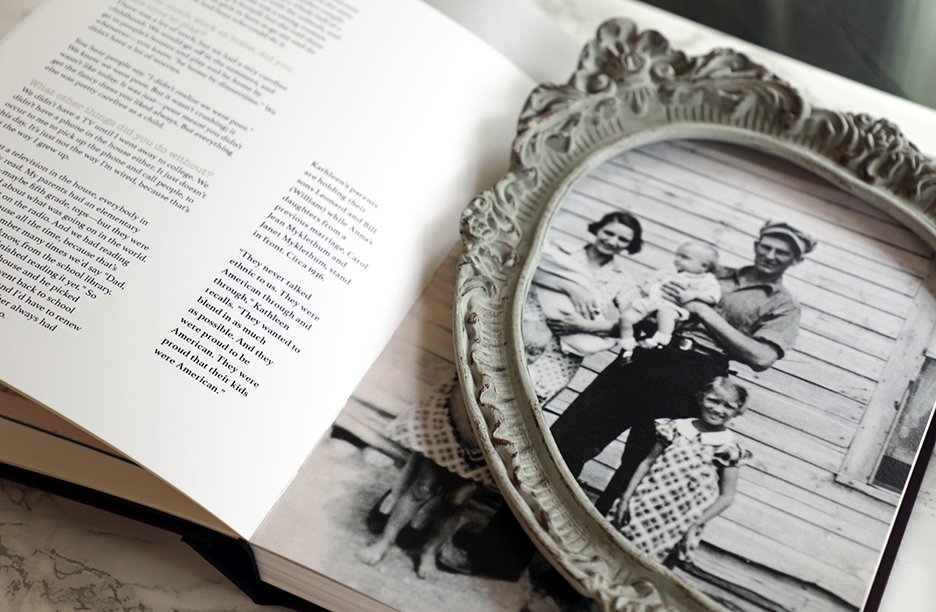




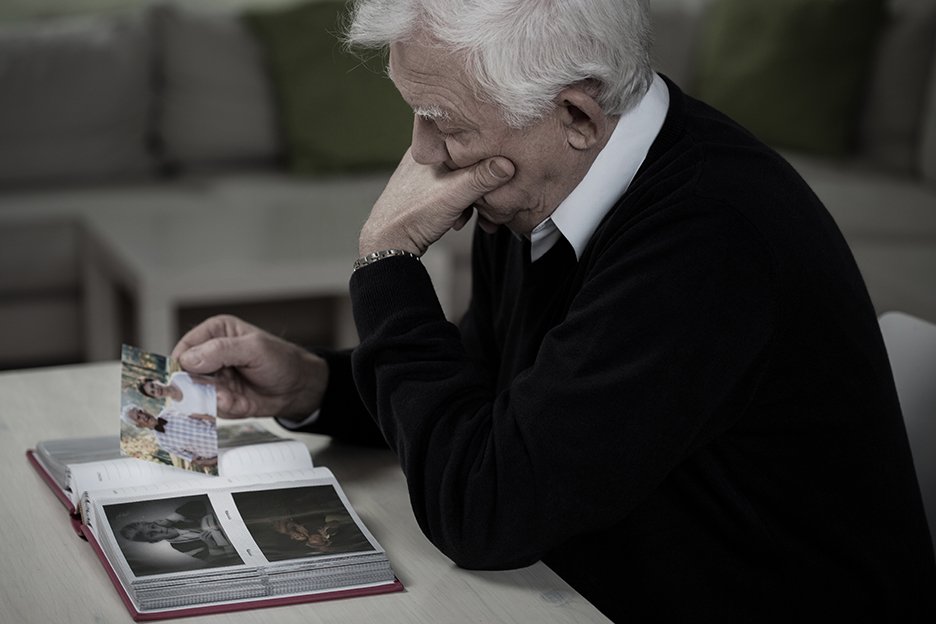
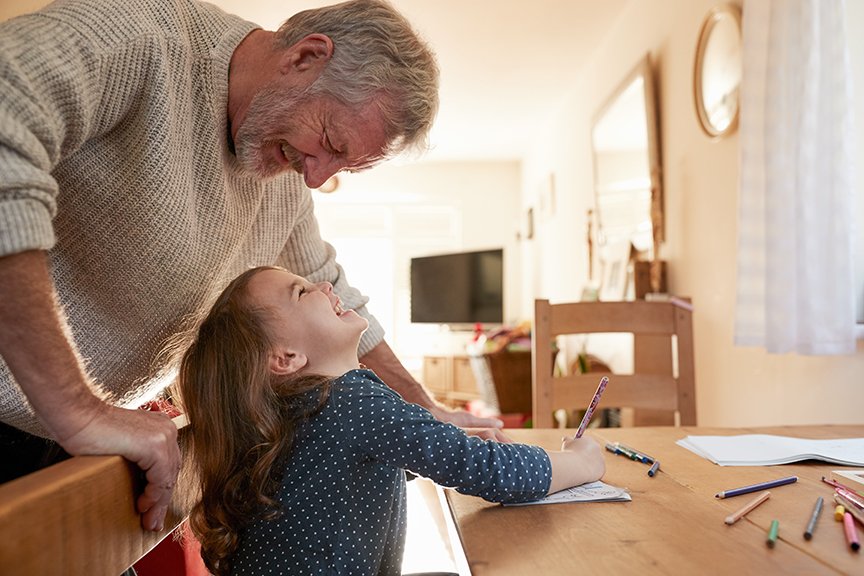



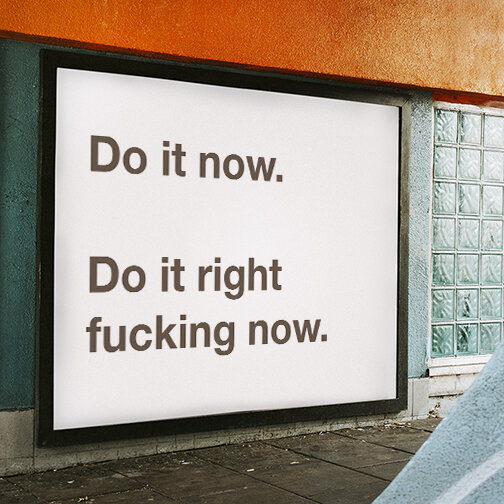












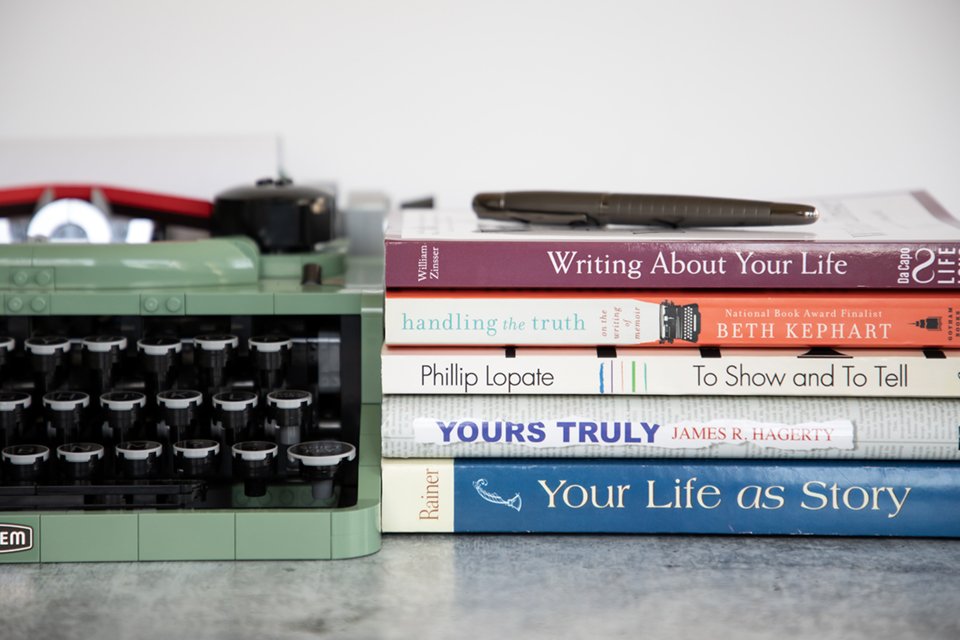





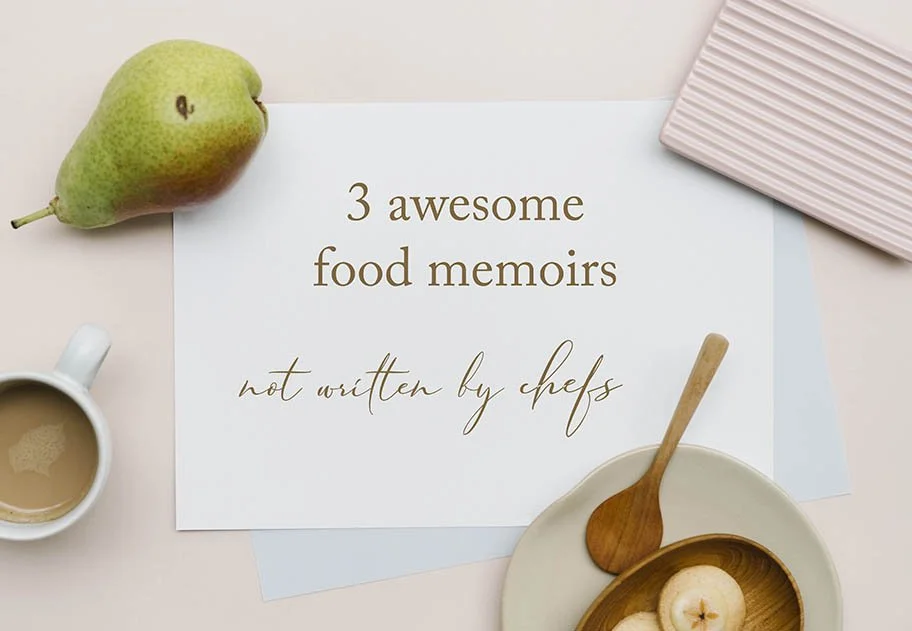

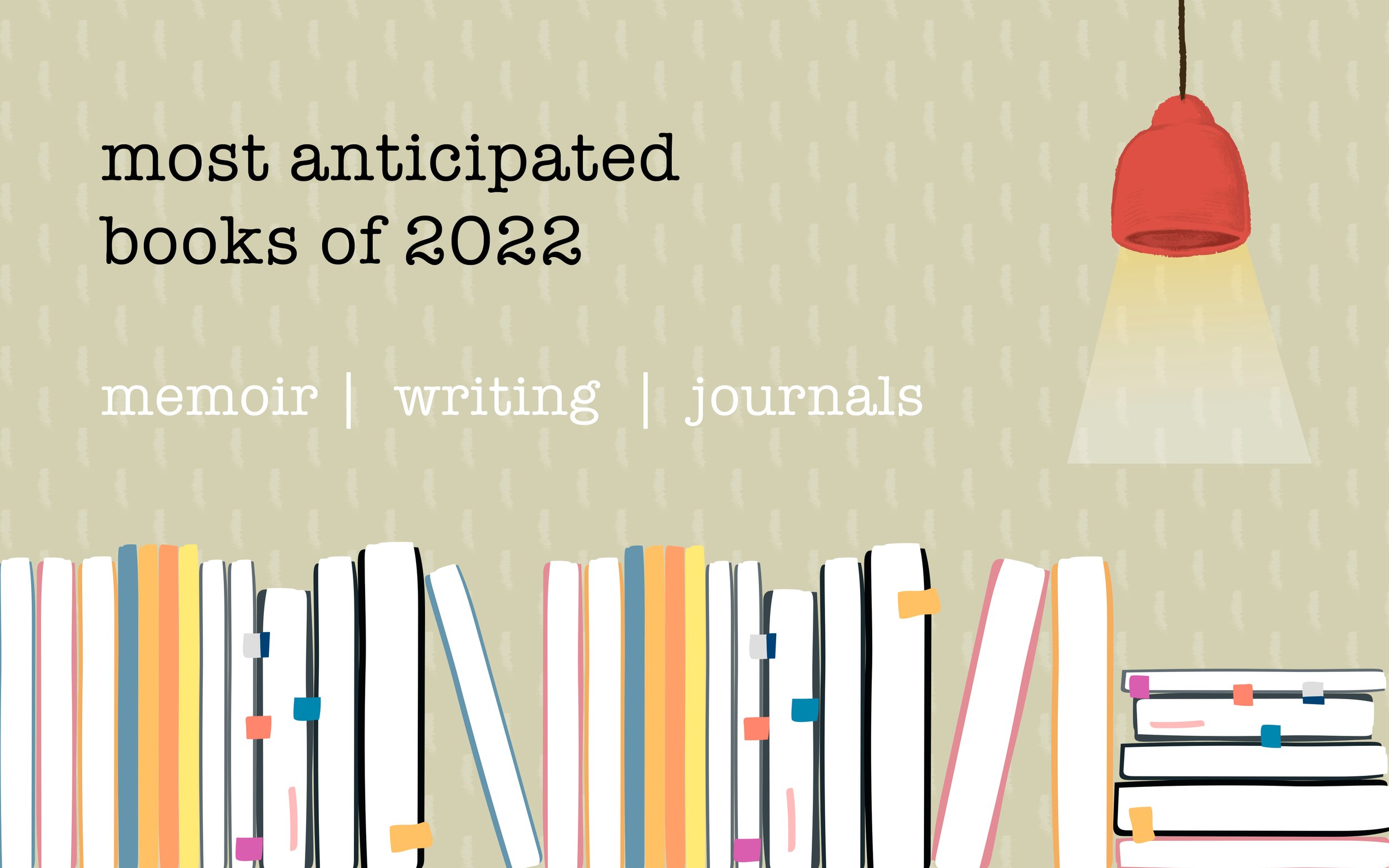
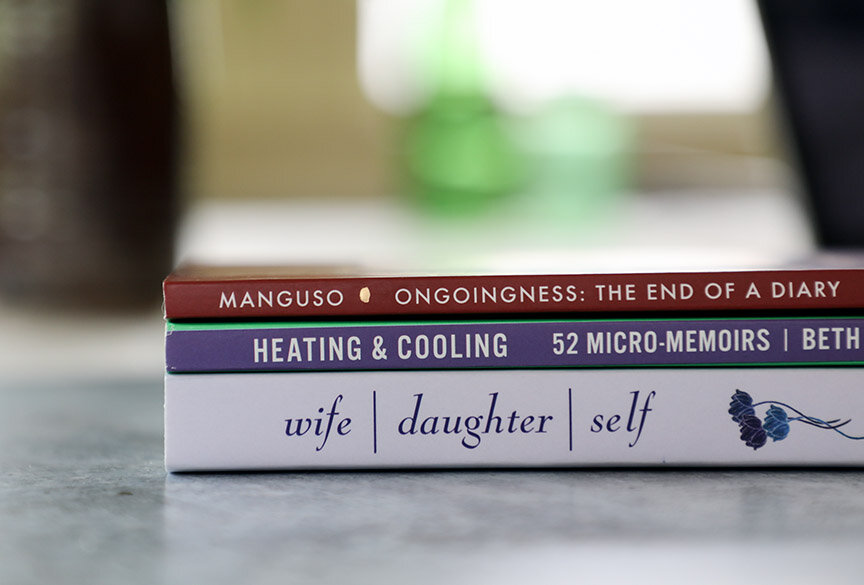
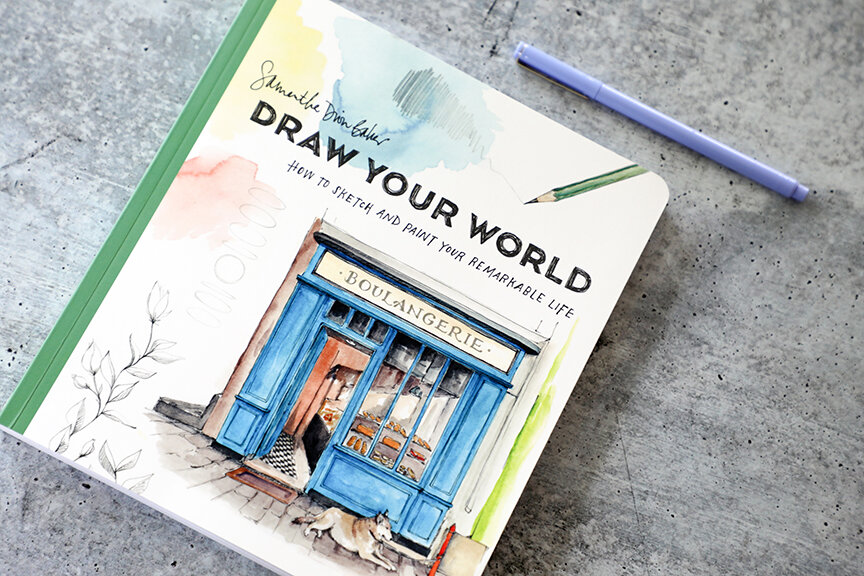



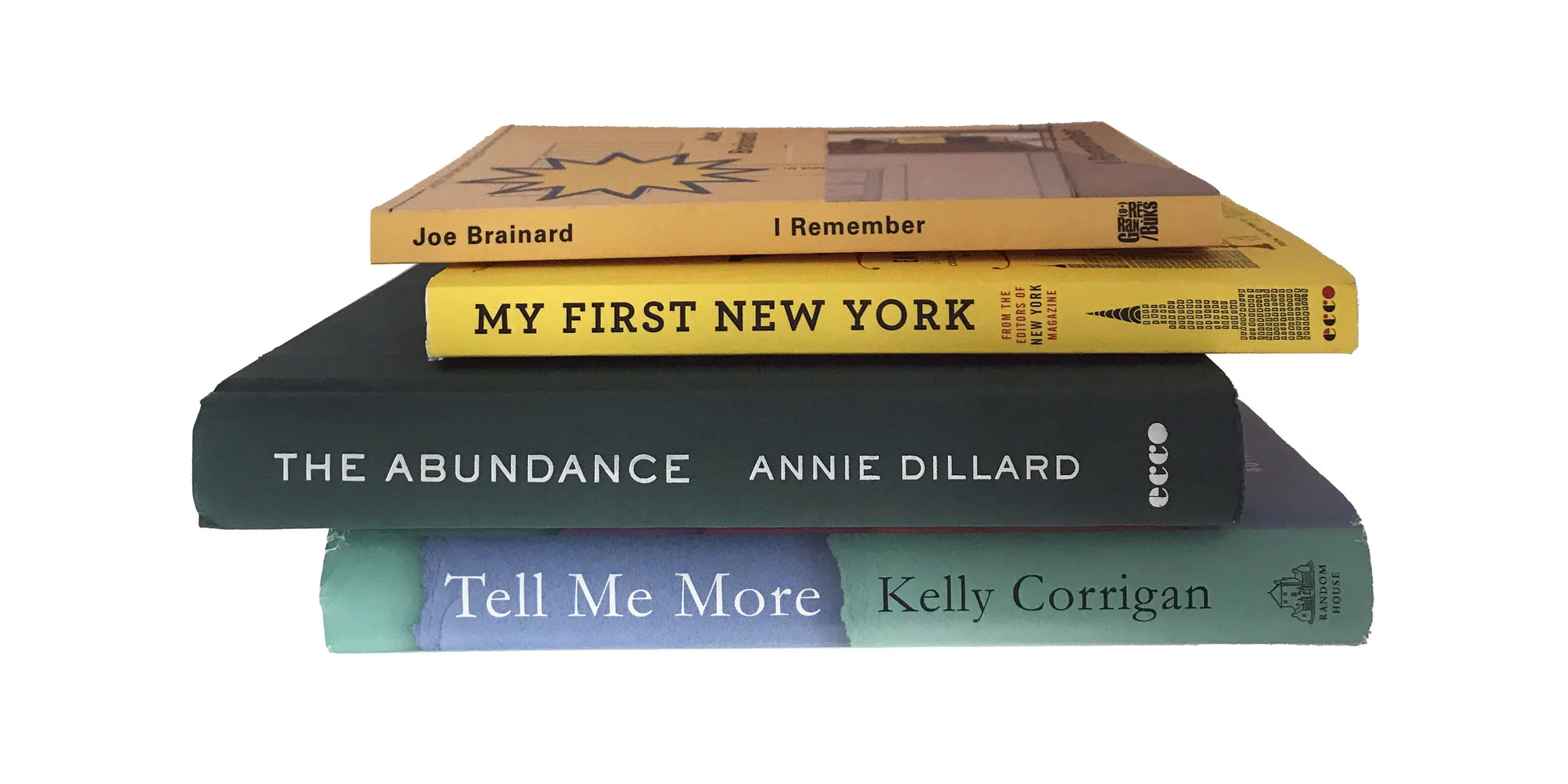





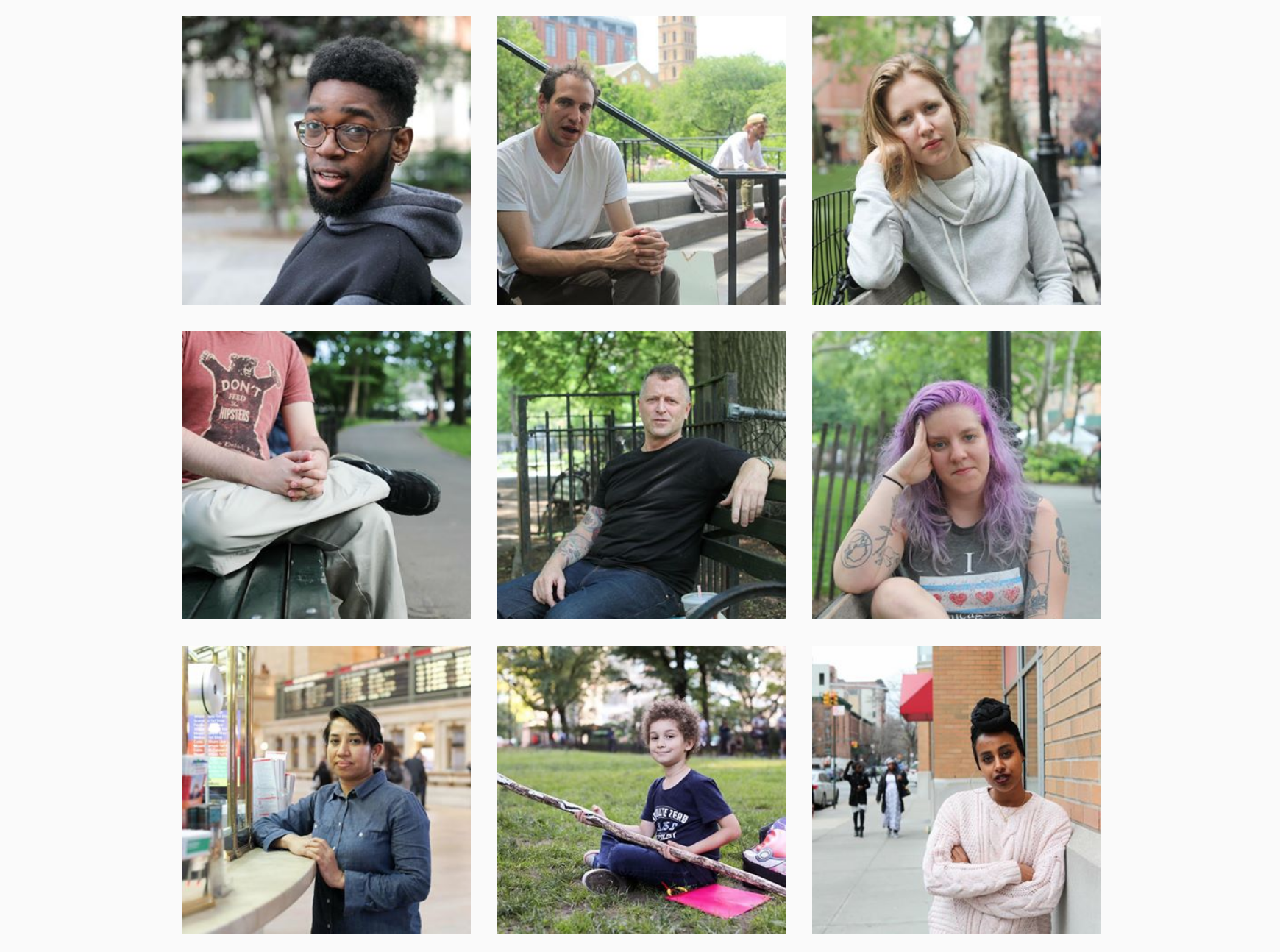





Are you nervous about undertaking a life story project? Working with a personal historian or memoir coach can help alleviate many of the most common fears.